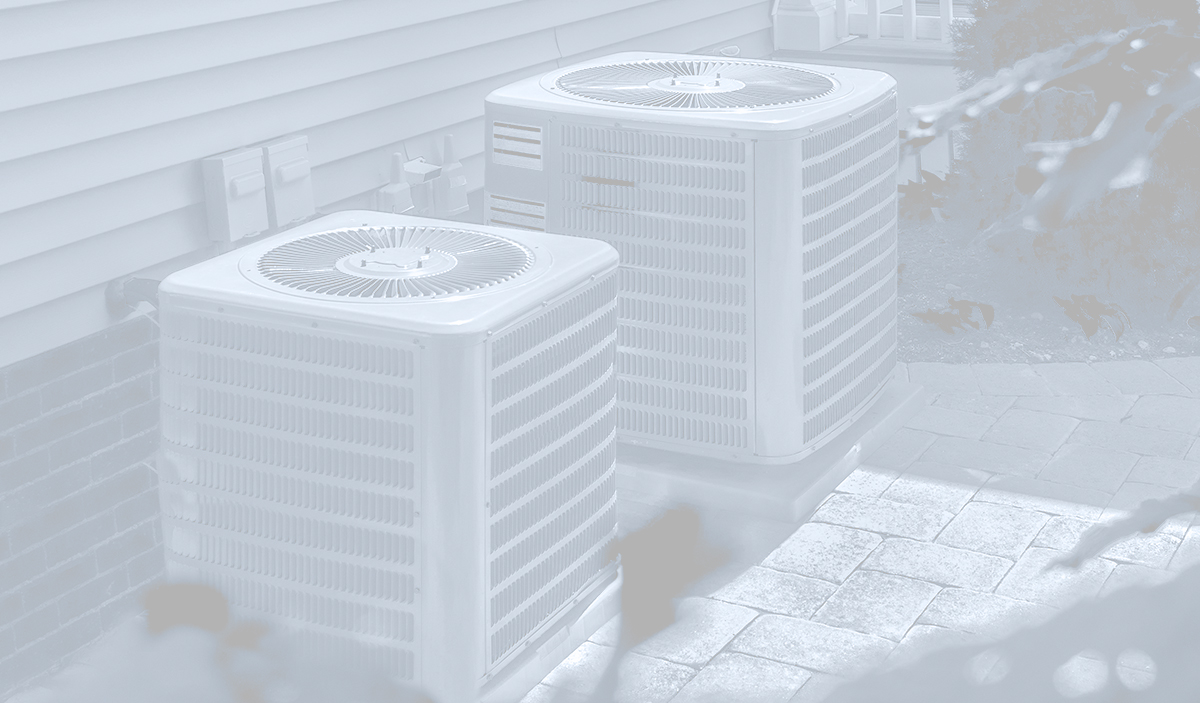
Duct Issues affecting your HVAC System
Are you noticing changes in your space when it comes to temperature control or odor? Is the air musty? Do you hear noises coming from your ducts? If any of these are familiar to you, your ducts may be causing problems with your HVAC system.
Poor airflow
Do you notice a change in temperature in your space? If your ducts are leaking, air going through your HVAC system may not be getting to where you need it to go. If you take a closer look at your registers, you may notice that there is little air blowing from the vents. The air may feel stuffy or stale because of the lack of circulation.
Hot and Cold Spots
Do you notice that the temperature throughout your space is inconsistent? A hole in your air duct could lead to rooms feeling that they are different temperatures. Leaky ducts are a common cause of HVAC related problems.
Smells
Do you notice an unpleasant smell while your HVAC unit is on? These may not actually be coming from your central HVAC unit, but instead from the ductwork. If moisture builds up in your ducts, it can turn to mold and mildew. In addition, it is also possible that rodent deposits could also be causing unpleasant smells throughout your home.
Poor Air quality
Unpleasant odors aren’t the only problem that could be creeping inside of your ductwork. Allergens and contaminated air can also be taking over your breathing space. Outdoor pollution such as dust, pet dander, pollen. And VPCs could also be making its way into different rooms in your home through your registers.
Debris in filters
Clogged filters can be the reason for many different HVAC problems. If your ducts are filled with debris and particles, your filters may be clogging faster than they should be. This will lead to air quality and temperature issues.
Loud HVAC system
While air quality and temperature inconsistency can be a pain, a noisy HVAC system is the one that can keep you up at night. It is common for your ducts to wear down as the years go on and create cracks and leaks. If air finds its way through these cracks, it can produce a whistling sound. If you notice popping sounds, it is often a result of air pressure problems.
